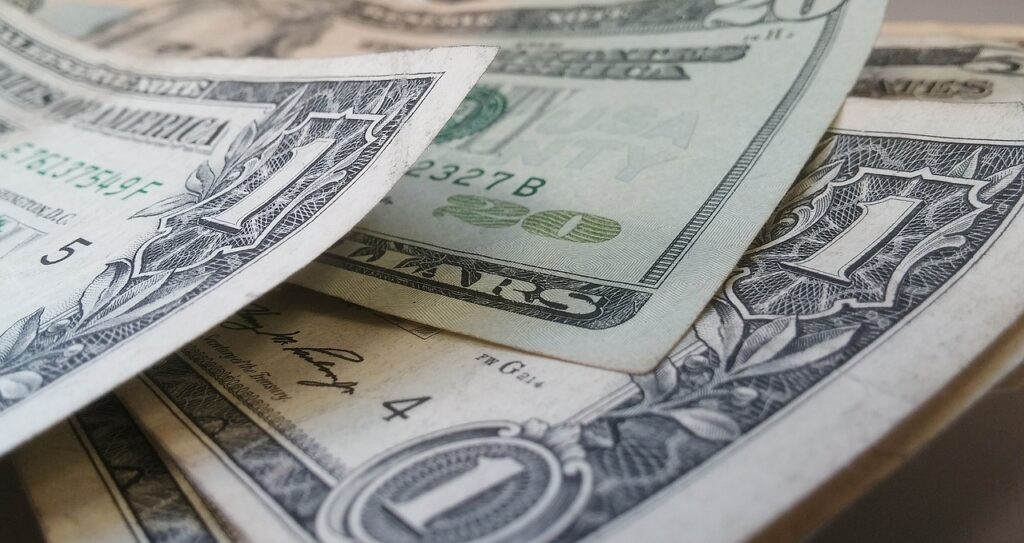To Get Paid for Writing, Embrace These Habits

Ever been anxious about how or when you’ll get paid as a writer? Me, too. As I write this, current clients owe me almost $2,000. This represents work spanning over the entire month of December and most of January.
Why doesn’t money always flow as it should?
The unpaid balances on my client accounts are not for want of proper documentation or billing. I know to the penny who owes me what and have records of all my Paypal invoices. Accounting is not the problem.
The problem comes back to two simple facts of freelancing:
- Clients don’t always finish projects when they say they will, and
- They correspond poorly.
The first issue isn’t always the client’s fault. I sometimes work with people who are hiring me on behalf of others in a company. If multiple people need to approve something, then it bogs things down really fast.
I make it a point to send follow-up emails to my clients. Nevertheless, people have a tendency to push writers off to the side if they get busy with other things in their life. They dismiss that writers need to make a schedule, receive money on time, and eat or pay rent.
How to get paid fast and fairly
The best thing a person can do to combat both of these issues is to establish clear communication policies with a client in writing in project contracts. For example, the contract might specify that the first mode of contact is email, then phone, then written letter, and lastly, an attorney contact. Additionally, the policies can indicate how much time may elapse between communications, such as 24 hours. It helps to require at least one correspondence per week, even if it’s just sending a quick email that says, “Just checking in!”
This strategy doesn’t guarantee you’ll be able to foresee the exact pay date for every project (clearly, it isn’t in my case). However, it does give you the ability to know what is happening with each project and to make some assessments about how to adjust your budget or calendar appropriately.